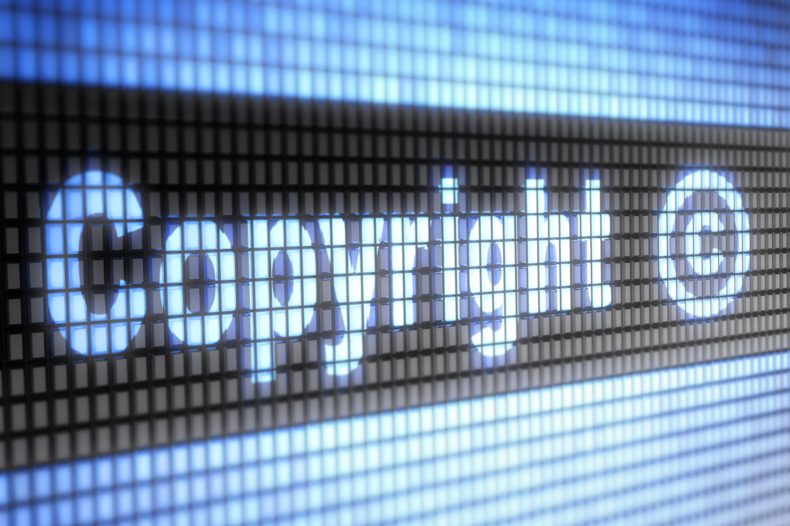What is copyright?
Copyright is an automatic intellectual property right that protects original works from being copied without permission.

Copyright is an automatic intellectual property right that protects original works from being copied without the permission of the creator or licence holder.
Sound recordings, films, broadcasts and original artistic, musical, dramatic and literary works are all things that can be protected by copyright.
This includes:
- books
- websites
- computer software
- videos
- databases
- maps
- photographs
- sculptures
- maps
- logos
Copyright will protect you from others copying your work. However, work someone else developed independently, without copying, cannot be protected even if it is similar to yours.
Copyright relates to the expression of an idea, rather than the idea itself as soon as that idea is ‘fixed’ - written, drawn, recorded or stored on your computer.
You do not need to formally apply or pay for copyright protection. Copyright can be sold, licensed or assigned to someone else.
How long does copyright last for?
For artistic works like literature, music, art, photography and software copyright lasts for the creator’s lifetime plus 70 years after their death.
Copyright for films lasts for 70 years after the death of the last of the directors, score composer and screenplay authors.
The layout of published works like newspapers, magazines and books is protected by publisher’s right, which lasts for 25 years from the date of creation.
Use of the © symbol
The © symbol can be used after your name and the date to show who created a piece of work and when.
Proof of creation
A dated copy of your work can be deposited with a bank or solicitor. You could also post it to yourself via ‘special delivery’, leaving it unopened to prove when it was created.
Should someone copy your work without permission this dated copy of your work could be important in proving that you created your work first.
What happens when something is copied?
When a third party copies a substantial part of your work without your permission, you as the copyright owner (or an exclusive licensee) can bring proceedings against them in court.
The outcome could be financial compensation, an injunction to prevent further unauthorised acts and an order for delivery up of infringing products.
The are some things which are allowed, these include:
• Making copies of media for personal use (eg CDs and e-books)
• By schools and universities for educational purposes
• Quotations, provided sufficient acknowledgement is given
• Parody, as long as it is fair and proportionate
Global copyright protection
Internationally copyright can raise a number of complex legal issues, so it important to seek professional advice.
Within the EU, there has been a growing level of harmonisation of copyright laws across member states.

